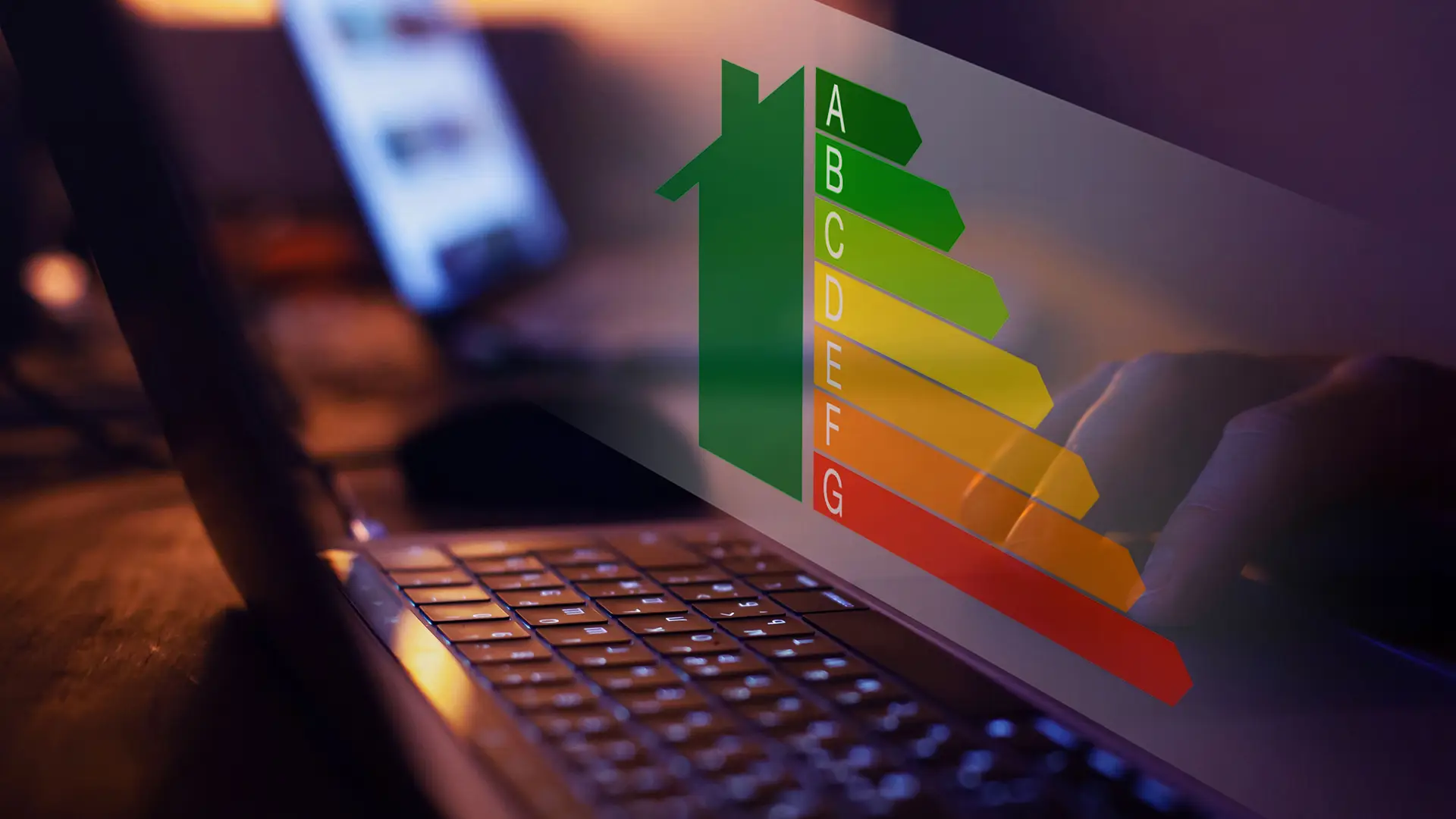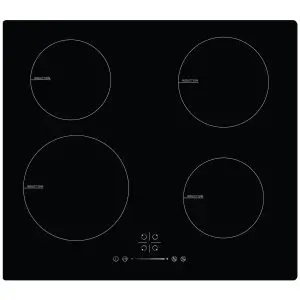
Why Don’t Hobs Require Energy Labels in the UK?
As of July 2025, hobs don’t require energy labels in the UK (or across the EU) because they are excluded from the scope of UK and EU Ecodesign and Energy Labelling regulations. Here’s why:
1. Difficulties with standardised testing
Energy labelling depends on standardised tests to compare appliances fairly. For hobs – especially induction models – it’s difficult to create a consistent, repeatable test that accurately reflects real-world energy use because:
- Different types and sizes of cookware affect efficiency.
- User behaviour (e.g. heat settings, cooking duration) varies significantly.
- Induction hobs are inherently more efficient, but not in a way that can be easily represented on a standard label.
2. Induction hobs are already highly efficient
Induction hobs are much more efficient than traditional electric or gas options:
- Around 85–90% efficiency, compared to 65–70% for standard electric hobs and 40–55% for gas.
Because of this, UK and EU regulators decided that an energy label wouldn’t offer meaningful comparisons for consumers.
3. Focus on higher-impact appliances
The energy labelling scheme focuses on appliances where energy consumption varies more and has a greater impact, such as:
- Ovens
- Fridges and freezers
- Dishwashers
- Washing machines
These appliances benefit more from energy efficiency labels, as they help consumers make better-informed choices.
Unless regulations change or more accurate test methods are developed, hobs will continue to be excluded from UK energy labelling requirements.
Explore the CATA Appliances Blog
Your go-to hub for practical kitchen guidance, expert buying advice, installation tips, and energy-saving ideas. Whether you’re choosing a new hob, comparing ovens, or learning how to care for your appliances, our articles break everything down into clear, helpful steps designed to make every decision easier.
Think it’s safe to use foil in the microwave? Learn why aluminium foil can cause sparks or fire and discover...
Discover what every oven function does in our complete guide. From fan-assisted to pizza mode, learn how to cook better...
Discover how little water your dishwasher uses per cycle — and how to save even more with eco settings. Find...
Discover how self-cleaning ovens work, including pyrolytic and catalytic systems. Save time and effort—read our go-to guide before your next...
Discover the different types of microwaves, from solo to combi models. Learn which one suits your kitchen best. Read our...
Learn when to use Power Boost on your induction hob for fast results and when it wastes energy. Get smart...
Compare real UK running costs for ovens, air fryers and microwaves. See which appliance saves you the most on everyday...
Cut your kitchen energy bills with these easy tips for running appliances efficiently. Learn how to save power, water, and...
Cooking with cast iron pans is a tradition many home chefs love. Their durability, heat retention, and even results make...
